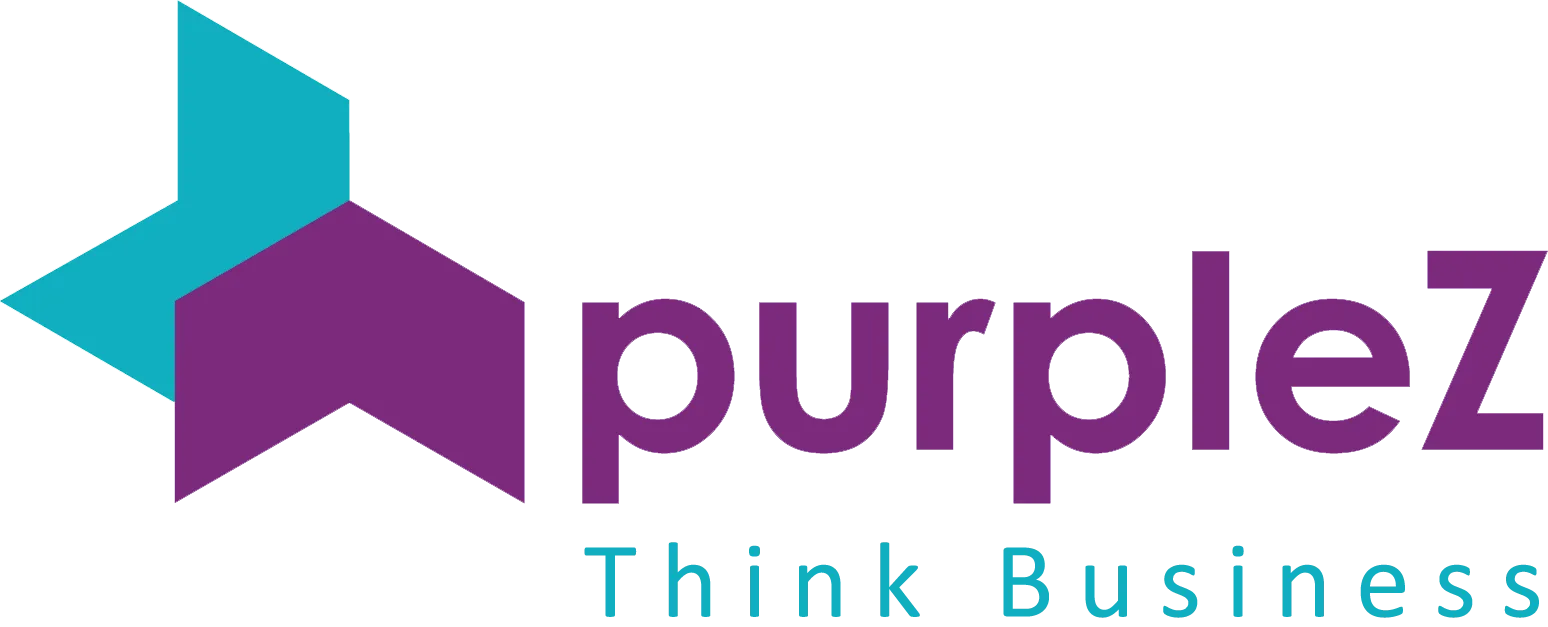Paid Advertising Services
Are you trying to find a quick approach to get your target audience to see your business? One of the quickest and most efficient methods to generate qualified visitors to your website and boost leads and sales is through our Pay Per Click Advertising services. With meticulously planned and optimized campaigns, PurpleZ specializes in providing Orange County PPC Management Services that yield quantifiable outcomes and support the expansion of your company.
Our goals as a top Pay Per Click Advertising Company are to provide effective advertisements, increase your return on investment (ROI), and make sure that the correct people see your message at the right moment.
Varisco Design Build Group (VDBG) is a premier architectural and construction firm specializing in innovative design-build services. PurpleZ provided comprehensive digital marketing services, including…
Invicta PCs is a high-performance custom PC builder specializing in gaming and workstation computers. Our team at PurpleZ provided professional SEO services to enhance…
Omnitron Systems, a leader in fiber optic networking, partnered with PurpleZ to enhance its digital presence. We provided SEO services to boost search rankings…
OC Functional Nutritionist is a premier functional nutrition practice in Orange County, helping individuals achieve optimal health through personalized nutrition plans. PurpleZ provided professional…
Yrma Wilson is a Master Energy Healer offering transformative healing services to help clients achieve balance and well-being. At PurpleZ, we provided professional SEO…
Yrma Wilson is a renowned Master Energy Healer specializing in holistic healing and energy work. Full professional SEO services were implemented to enhance online…
DeeCyDa is a trusted childcare center dedicated to providing a nurturing and educational environment for children. At PurpleZ, we enhanced their online visibility through…
Naamanat Bridal is a distinguished bridal boutique that combines timeless elegance with contemporary style, and our partnership with them has been transformative. At Purplez,…
What is Pay Per Click Advertising?
Exactly What Is Pay Per Click Advertising? In this kind of digital marketing, marketers are charged a fee each time a click is made on their ad. Google Pay Per Click Advertising can provide visitors to your website almost instantly, in contrast to organic traffic, which can take months to develop. To ensure that your advertising show up on search engines like Google, social media platforms, and relevant websites, PurpleZ runs successful Pay-Per-Click Advertising Campaigns. With our PPC Advertising Services, you only pay for outcomes, and we ensure that each click is significant.
Why Choose PurpleZ for PPC Advertising ?
When it comes to PPC Advertising Management Services, working with an experienced team is key. At PurpleZ, we pride ourselves on being a trusted Pay Per Click Advertising Agency in Orange County, helping businesses succeed through smart, data-driven advertising strategies. Whether you’re targeting local customers with Paid Ad Marketing in Orange County or need a broader campaign, our team knows how to get your ads in front of the people who are most likely to convert.
Our PPC Advertising Agency delivers:
Custom PPC Strategies:
We make sure your advertisements are made to draw in the correct audience and encourage significant interaction by customizing each campaign to your particular business objectives.
Comprehensive PPC Management:
We take care of all aspects of your PPC advertising, from campaign optimization and reporting to keyword research and ad production.
Google PPC Advertising Knowledge:
As experts in Google PPC advertising, we understand how to maximize Google’s platform to raise the visibility of your business and produce outcomes.
Conversion-Focused Approach
Our strategies are designed to not only drive traffic but also increase conversions and ROI.
Transparent Reporting
We provide clear, data-driven insights to track campaign performance and make informed decisions.
A/B Testing & Optimization
We continuously test ad creatives, copy, and targeting to refine strategies and improve performance.
Benefits of PurpleZ’s Pay Per Click Advertising Services Orange County and Los Angeles
You should entrust PurpleZ with your Pay Per Click Advertising requirements for a number of reasons. What sets us apart is this:
Immediate Results
Google Pay Per Click Advertising generates traffic instantly, in contrast to other marketing strategies. As soon as your advertisements go online, they begin to function, making it easy for prospective clients to locate you. You can rely on immediate relevant traffic generation with our PPC Advertising Services.
Cost-Effective Advertising
You only have to pay when someone clicks on your advertisement when you use pay-per-click advertising services. This guarantees that you only spend your advertising budget on prospective clients who are genuinely interested in what you have to offer. We ensure that your investment yields the highest possible return on investment.
Targeted Audience Reach
The ability to precisely target your audience is one of the main advantages of pay-per-click marketing. PurpleZ is skilled at developing campaigns that generate the most qualified leads, whether your goal is to reach a wider audience nationwide or to engage with consumers in your local area through Orange County Paid Ad Marketing.
Measurable Results
PurpleZ's dedication to delivering clear, quantifiable outcomes is one of the reasons companies enjoy working with us. We track and evaluate every campaign we run in real time so you can see precisely how well your ads are doing. This enables us to continuously improve your campaign's performance.
Complete PPC Campaign Management
A successful PPC advertising campaign necessitates ongoing optimization and monitoring. Every part of your campaign is managed by our experts, from choosing the best keywords to improving your ad copy and modifying bids. You can concentrate on managing your company while we take care of the technicalities with our full-service PPC advertising management services.
Continuous Optimization & A/B Testing
To maximize performance, we continuously test different ad creatives, headlines, and targeting options. By refining campaigns based on real-time data, we ensure that your PPC ads achieve the best possible results.
PurpleZ’s PPC Advertising Services
To suit the requirements of your company, PurpleZ provides a comprehensive selection of Pay Per Click Advertising Services. Our services include everything from strategy development to ongoing campaign management, whether you’re new to PPC Advertising or looking to enhance an existing campaign.
Keyword Research and Strategy
Finding the correct keywords is the first step in a successful PPC Advertising Campaign. To identify the most pertinent, high-converting keywords for your company, we carry out in-depth research. Making sure the people who are most likely to click on and convert see your ads is our aim.
Custom Ad Creation
We produce attention-grabbing ad language and images that encourage clicks. Whether you require ads for social media or Google Pay Per Click Advertising, our creative team makes sure your ads are unique.
PPC Campaign Setup and Management
Launching a PPC campaign is just the beginning. Every day, we oversee and manage your campaigns, making necessary adjustments to maximize performance and guarantee the greatest outcomes. Everything from ad placement to budget modifications is covered by our PPC Advertisin Management Services.
Performance Reporting
Because we value openness, we offer frequent, thorough assessments on the effectiveness of your campaign. You'll constantly be aware of the performance of your advertisements and the return on your investment.
Frequently Asked Questions
What platforms do you advertise on?
Although Google Pay Per Click Advertising is our area of expertise, we also oversee campaigns on Facebook, Instagram, LinkedIn, and Bing. Placing your advertisements where your target audience spends the most time is our aim.
How much does pay-per-click advertising cost?
Your industry, the competitiveness of your keywords, and your overall budget are just a few of the elements that affect the price of Pay Per Click Advertising. At PurpleZ, we collaborate with you to create a plan that meets your budgetary objectives and optimizes your return on investment.
How soon will I see results?
One of the biggest benefits of PPC Advertising is that it produces results right away. You should anticipate seeing traffic and leads as soon as your campaign launches.
Can you help with local PPC campaigns?
Indeed! As a top PPC Advertisin Agency in Orange County, we are experts at executing highly targeted Paid Ad Marketing in Orange County to assist surrounding companies in reaching potential clients. We design geo-targeted campaigns to make sure your advertisements are seen by the appropriate individuals in your community..
Get Started with PurpleZ’s PPC Advertising Today
PurpleZ is available to assist you if you’re prepared to expand your company with targeted, data-driven PPC Advertising. To improve traffic, boost conversions, and boost sales for your company, we offer comprehensive PPC Advertising Services.
Get a free consultation from us right now to find out how our Southern California PPC Management Services may assist you in achieving your marketing objectives! Let’s design an effective Pay Per Click Advertising campaign.
Succeeded Projects
Working Hours were spent
Our news and recent archives.

-
- Posted by PurpleZ

